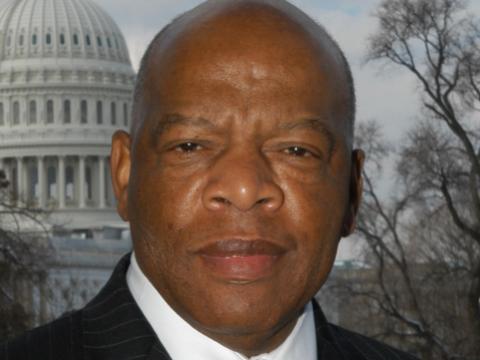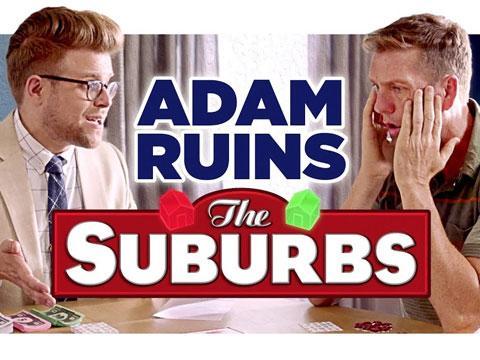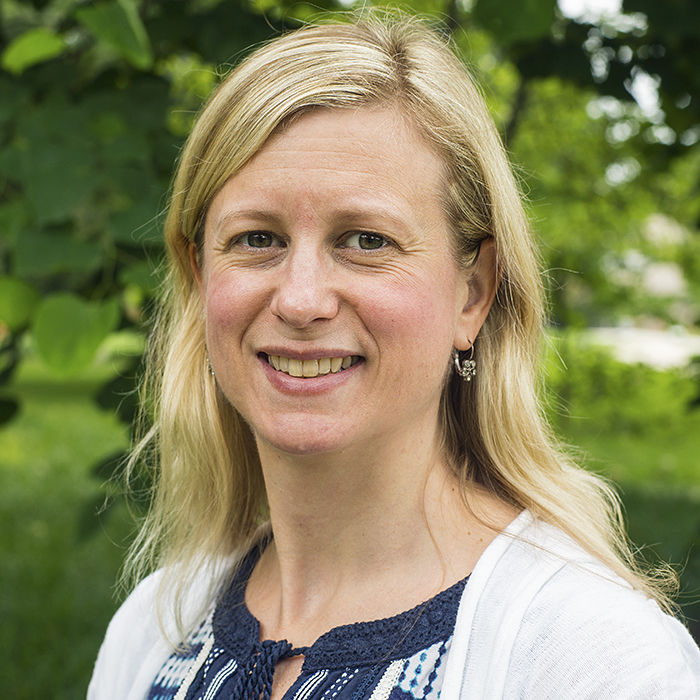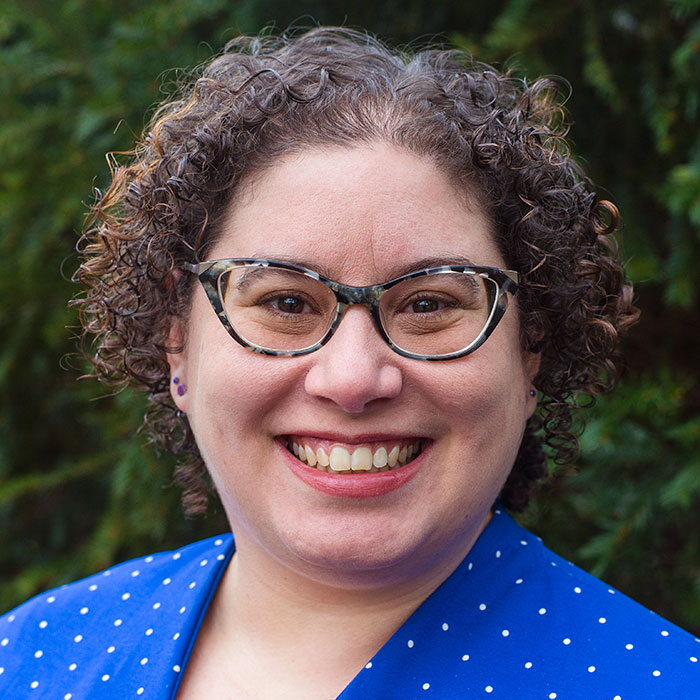Institutional Diversity, Equity, and Access
The Challenge Habit
The Challenge Habit is an ongoing, voluntary opportunity for Haverford staff and faculty to support each other in deepening our knowledge, understanding, and practice of antiracism on campus.
How it Works
A new Challenge Habit series will begin each semester. Individuals may join at any time and may drop out whenever they need to. Anyone joining the Challenge for the very first time is encouraged to participate in our three-microaction primer series.
- Each week, participants will be sent the link to one Challenge Microaction: a short reading, video, podcast, or activity focusing on a particular aspect of antiracist theory or practice. Completing the microaction might take 5-30 minutes. Participants are encouraged to share reflections by posting to the Challenge Habit Google Group.
- Twice per semester, the Challenge Habit Leadership Team will host a voluntary discussion for all participants. Discussions might be in person or on Zoom; in the large group, or broken into smaller groups. Information about all Challenge Habit events can be accessed on the IDEA Programming Calendar.
- On a regular basis, the Challenge Habit Leadership Team will meet with the VP for Institutional Equity and Access so that learnings and suggestions coming from this work can be integrated into other DEIA initiatives on campus, and information about those initiatives can flow back to the Challenge Habit participants.
Start the Challenge Habit
Our primer series consists of three microactions. After you have read, watched, or listened to the microaction:
- REFLECT: Take note of any thoughts, emotions, or feelings in your body that surface. Record your reflection in a way that makes sense for you—write in a journal, make art, take a voice memo.
- CONNECT: If you chose, you can connect with others by sharing your reflection. Options to connect more communally include sharing on the Google Group or having a conversation with coworkers, friends, or family.

Morgan Freeman reads the words of John Lewis’ final essay, which he requested be published in the New York Times on the day of his funeral: “Together, You Can Redeem the Soul of Our Nation.”

Read Dina Gilio-Whitaker's article "Settler Fragility: Why Settler Privilege Is So Hard to Talk About."

Adam Ruins Everything explains redlining, the racist housing policy from the Jim Crow era that still affects us today.


